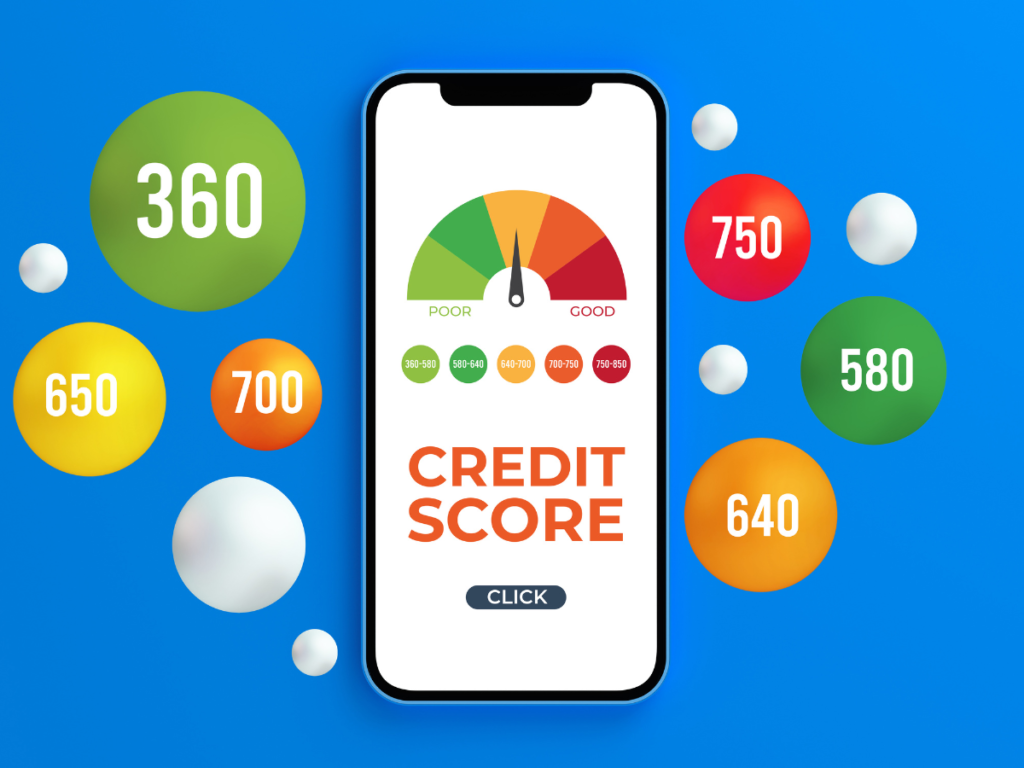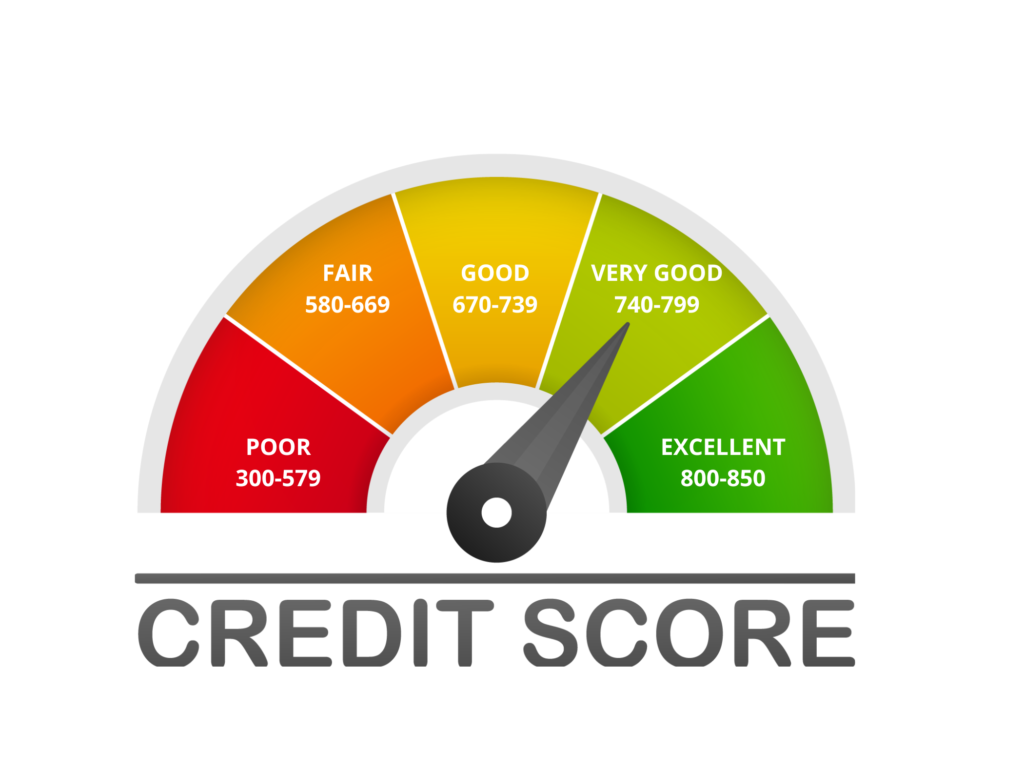
What Is The Starting Credit Score? If you’ve ever found yourself wondering about your starting credit score, you’re in the right place. In this blog post we’ll uncover the questions surrounding the concept of the starting credit score.
This post contains affiliate links, which means I may receive a small commission, at no cost to you, if you make a purchase through a link.
What Is A Credit Score?
A credit score is a 3-digit number that’s designed to represent your creditworthiness to potential lenders. It indicates how likely you are to pay back what you borrow.
The higher the score, the better you look to potential lenders. Your score can affect whether lenders approve you for a mortgage, credit card, auto loan, or other types of credit.
Why Is A Credit Score Important?
A good credit score can open doors to better financial opportunities. If your score is high, you can get better deals and pay less interest. But if it’s low, it can be harder to get approved, and you might pay more.
Landlords and employers sometimes check your score too, so it’s like a financial report card that can impact many parts of your life. Keeping your credit score in good shape can open up more opportunities and save you money in the long run.
What Is The Starting Credit Score?
Contrary to what some may believe, your credit score does not start at zero. In fact, until you establish a credit history your credit score is nonexistent. You establish a credit history by securing different types of credit such as a credit card or auto loan.
According to FICO, which is the most commonly used credit scoring model, you must have at least one credit account open for six months or more and a credit account that has been reported to a credit bureau within the past six months to determine your credit score.
The starting credit score is unique to each individual and depends on their own personal circumstances.
Your FICO credit score can range from 300 to 850. Where your score falls represents your credit risk. Here’s what those scores mean:
Credit Score Range Chart

How is A Fico Score Calculated?
There are five factors that go into the calculation of your FICO score along with their respective weights. Those factors are:
Payment history (35%)
Your payment history is the most important factor in a FICO score. Your history includes which of your accounts were paid on time, the amounts owed, and the length of any delinquencies. Also included are any derogatory public records such as bankruptcies, judgments, or liens.
Amounts owed (30%)
This factor includes the number of accounts you owe money on, the type of debt, and its total amount. The less you owe the better. If you are using a lot of your available credit, this can appear as if you are overextended. Banks may interpret this to mean that you are at a higher risk of defaulting on a loan.
Age of credit history (15%)
This factor takes into consideration how long the account has been established and how long it’s been since you used the accounts. The older your credit accounts, the better your score.
Credit mix (10%)
This factor considers the mix of credit you have in your file such as mortgages, credit cards, loans, etc. Lenders want to see that you have used different types of credit responsibly.
New credit (10%)
This factor reflects how many credit accounts you have applied for recently. Lenders generally prefer that you do not take on a lot of new debt at once. It represents a greater risk of missing payments.
What Is The Average Credit Score by Age?
Per Experian’s latest data from the second quarter of 2023 the average credit score is 716. Let’s take a look at the average credit score by age.
For those in their 20s who are just starting their financial journey, the average credit score tends to be around 630 to 650. This range can be attributed to a limited credit history.
As individuals progress through their 30s and 40s, the average credit score tends to rise, often reaching the 660 to 700 range. During these decades, many people solidify their financial habits, perhaps paying off student loans and maintaining consistent credit card payments.
By the time individuals reach their 50s and beyond, the average credit score often peaks, hovering between 700 and 750. This stage of life often corresponds with increased financial stability, as mortgages are paid down, and other debts are managed responsibly.
It’s important to note that these are general trends, and individual circumstances can vary widely. Regularly checking your credit score and understanding how it evolves over time can empower you to make sound financial choices and secure a brighter financial future.
How Often Is Credit Score Updated?
The frequency of credit score updates depends primarily on the reporting practices of your creditors and lenders. Generally, the major credit bureaus Equifax, Experian, and TransUnion receive updates from creditors on a monthly basis.
This means that your credit score is likely to be refreshed around once a month. However, it’s important to note that the exact timing may vary.
Some creditors report every 30 days, while others may do so on a different schedule. Additionally, not all lenders report to all three major credit bureaus, which can result in variations between your scores with each bureau.
While the frequency of credit score updates might not be daily, being aware of the general monthly timeline helps you stay proactive in managing your financial reputation.
How To Check Your Credit Score
Before you start applying for credit it’s a good idea to check your credit score. Numerous credit card issuers and lenders provide their existing cardholders and borrowers with a complimentary credit score.
This score is typically refreshed along with your monthly statement and could be the same one utilized by the company for assessing both new applicants and current customers. To check if any of your current creditors offer this service for free, inquire whether you automatically receive your credit score each month.
Another way to check your credit score would be to pay for a credit score service. Credit score services offer valuable tools for you to better track your credit health and potential threats. They offer a wide range of benefits such as 3-bureau scores, credit reports, monitoring, and more. Using a credit score service can provide you with everything you need to take control of your credit score.
